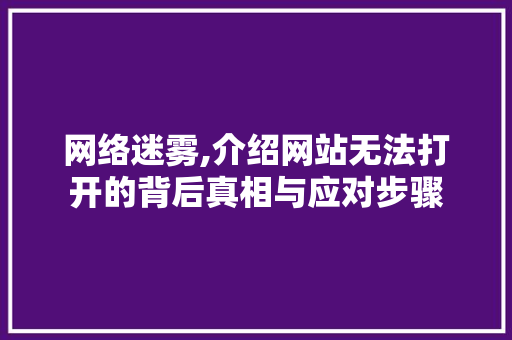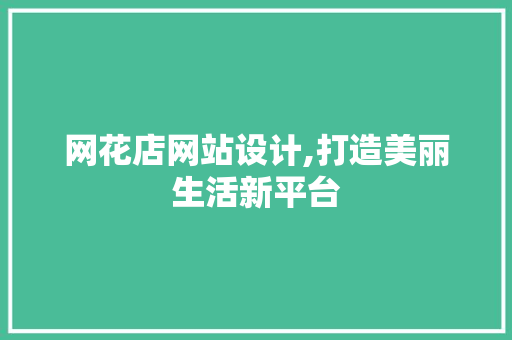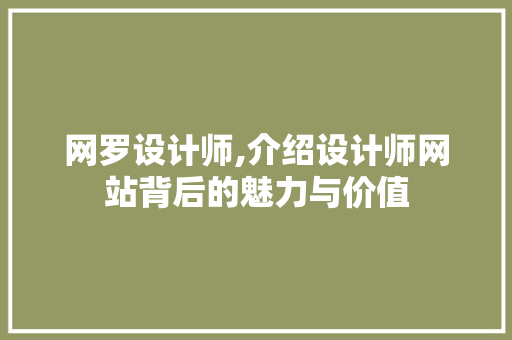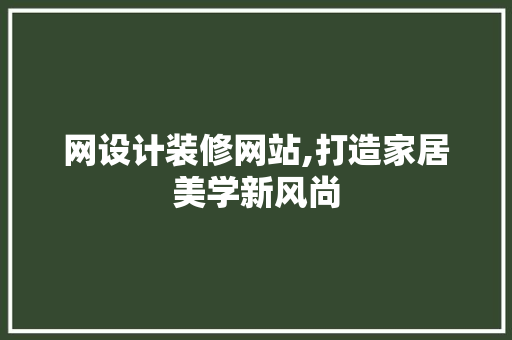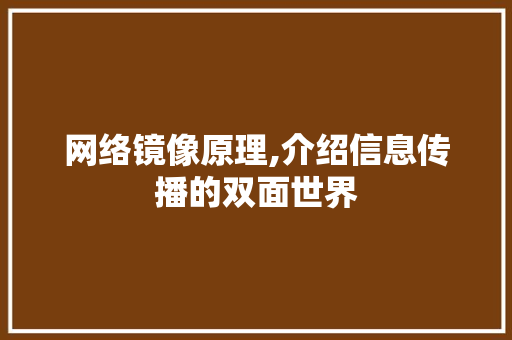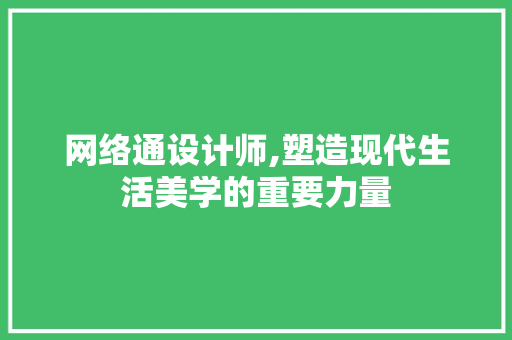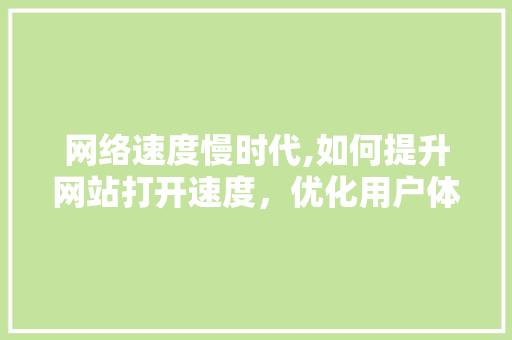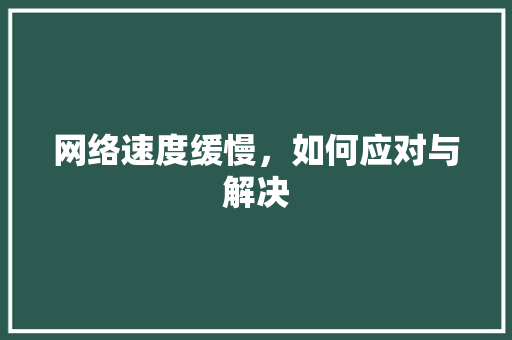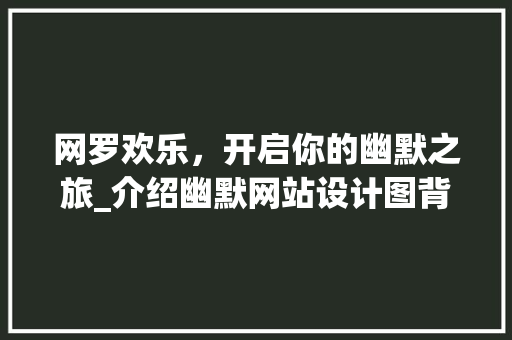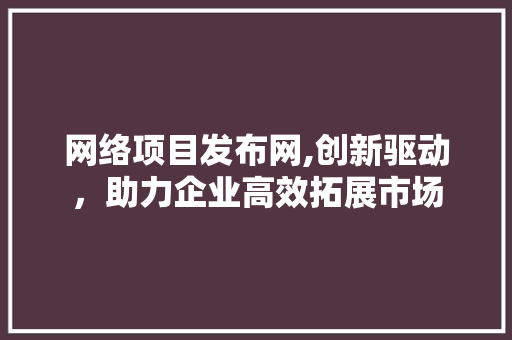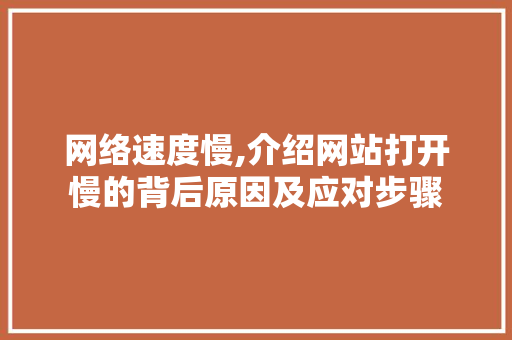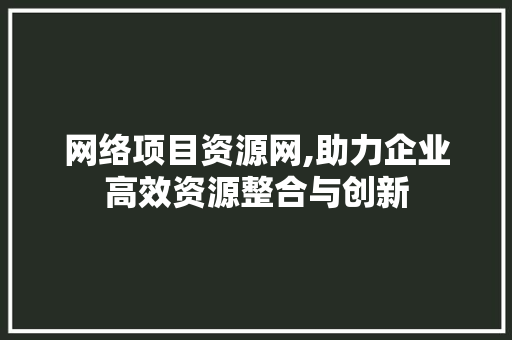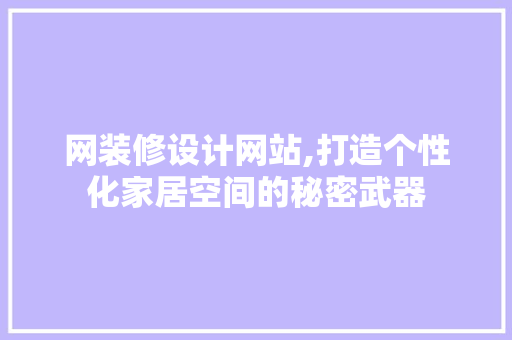expect过去完成时造句
1. Don't expect me to come and visit you there.
别指望我会去那儿看你。

2. "Will Joe be here at Christmas?" — "I expect so."
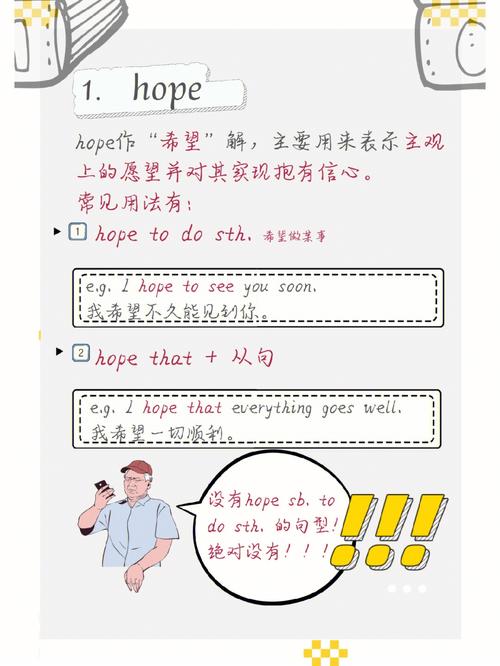
“圣诞节时乔会来这里吗?”——“我想会的。”
3. How can you expect me to believe your promises?
你怎能指望我相信你的承诺?
4. I hope he doesn't expect you to wait up for him.
我希望他没指望你熬夜等他。
5. Organisers expect up to 300,000 protesters to join the march.
组织者们预计会有多达30万名的抗议者参加这次游行
HOPE与WISH的用法.谢谢
hope与wish的区别及用法:
区别一:
hope表达有把握或信心实现的事情,后面直接跟动词不定式或者宾语从句,不可以跟动名词或作宾语补足语的不定式。
wish表达实现的可能性不大的事情,后面跟名词、宾语从句(用过去时)或者作宾语补足语的不定式。
如:
We all hope to see him very soon。
我们全都希望尽快见到他。
I hope it will be fine tomorrow so that we can go out。
我希望明天天好,这样我们就能出去了。
How I wish it was not raining at the moment!我多么希望此刻不在下雨!(事实上天正在下雨)
区别二:
wish和hope都能接that引导的从句,但wish后的从句的谓语动词要用虚拟语气(动词用过去时,或过去完成时)。
hope则用所需要的时态。
用法:
1.I hope that he will win the game。
我希望他会赢得这场比赛。
2.I wish that I knew the answer。
我希望我知道这个答案。
区别三:
hope可与so或not连用,分别代替一个具有肯定和否定意义的宾语从句,以免重复,wish则不能。
Will it be fine tomorrow?
明天天气好吗?
I hope so。
我希望如此。
Will it rain tomorrow?
明天会下雨吗?
I hope not。
我希望不是这样。
时态公式
八大时态公式如下:一般现在时is/am/are+done;现在进行时is/am/are+being+done;一般将来时will/shall be+done;现在完成时have/has been+done;一般过去时was/were+done;过去进行时was/were+doing+done;过去将来时would be+done;过去完成时had been+done。

